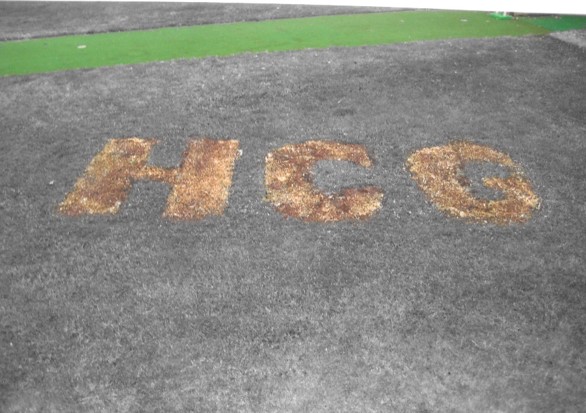
0 Followers
What's the ideal dynamic between a captain and a coach in club cricket?
Partner Sponsors
Responses
Respect and trust are two words that immediately come to mind. A good club coach must also have a deep understanding of the stresses and challenges of a captain when they are on the field. A grade cricket captain is like any grade cricketer in that they aren't doing the job full time, they have a life outside of the game, including family, work and other day to day stresses that professional players don't endure. The coach of a grade club needs to advise rather than impose on the captain, support rather than conflict with the captain and certainly not use the 'back in my day' approach. Leaning on past experiences is important, but doing it in way that is proactive and useful rather than a comparison.
Just my thoughts.
Communication and trust are the two key ingredients to a successful captain and coach dynamic at any level.
As the person making decision on the field, the teams win loss scorecard is worn by the captain, so it’s very important the captain and coach openly identify and complement each other in their individual strengths, weaknesses, personality traits and, importantly, their roles.
If the captain is an experienced leader and an active communicator within the playing group, the coach’s role may differ compared to an inexperienced captain or a captain whose communication skills off the field could be better.
It is imperative both the captain and coach are consistent with their messages with the players and the club.
Mixed messages and lack of clarity around players roles and game plans limits the players and teams’ ability to enjoy the game and perform at their best
A possible model for Adult cricket. Food for thought.
The coach has the role of planning and facilitating the preparation of the players, the Captain, and the teams for the match (s).
The match is the showcase of that preparation.
On game day think more observation, recording of what happened, and minimal emotional output and an eye to the next phase of training and preparation.
The Captain has the role of leading the team and making the fundamental decisions around how the team plays on the day. On game day think more competitive energy and direct communication with emotional control.
The combination and relationship of the Captain and Coach provides the stability, predictability and confidence for the team. This dynamic (which is variable, as indicated above) is where the opportunity exists to grow, perform and enjoy the environment. Clarity with the group/team around the role of the coach at training / or matches verses the role of the captain is critical. Then they must stick to their role in that environment.
Game day - Coach
* Be heavily involved in the warmup and prep before the game. Service players need to get ready to play.
* If your team has a particular game plan, observe and record performance against that game plan.
* Let the Captain or other players do the talking - remember they are out there on field and you are not.
* Connect with the Captain at major breaks and ask how they are going..... (don't tell)
* Don't walk incessant laps of the ground displaying your intensity or anxiety about what is happening in the middle. By all means do a lap but do it in a relaxed manner, smelling the roses so to speak.
* Don't just talk after the game for the sake of it. The debrief can be done in lots of ways and players are usually less responsive immediately following a game than you think.
Remember that straight after a game you (may) have all this pent-up energy that they do not.
The Captain can only lead and be in charge if the coach supports them in playing this role.
The coach is there to provide help to the captain by reducing workload and focus up and out from the team. Also helping the captain to establish and maintain the desired culture of the team/ club.
Up including interaction with the executive and out with external groups including the press.
Allan Border has given insights to his relationship with Bobby Simpson which were crucial in helping the Australian team compete in what had become a significant business through the impact of Kerry Packer.
Worthwhile reflecting on what “Simo” brought to Allan’s captaincy.
Some brilliant responses already.
I would like to add that as coach your role is to support the captain in how he wants to go about leading the side. This could be as simple as listening and understanding his approach or challenging and questioning him to seek improvement. It is the captain’s team and therefore your role as coach is to be a facilitator in support of this












